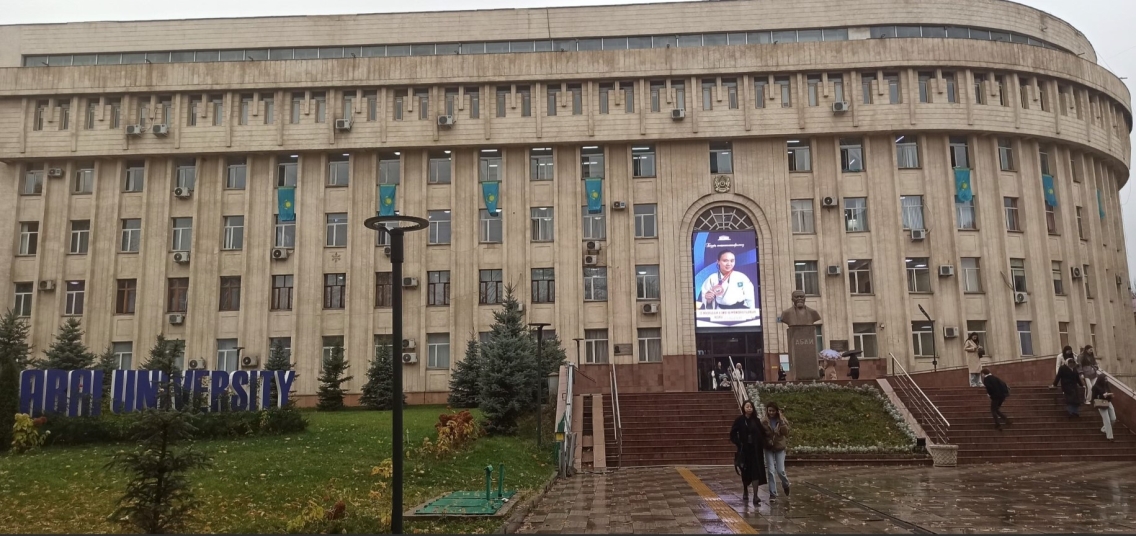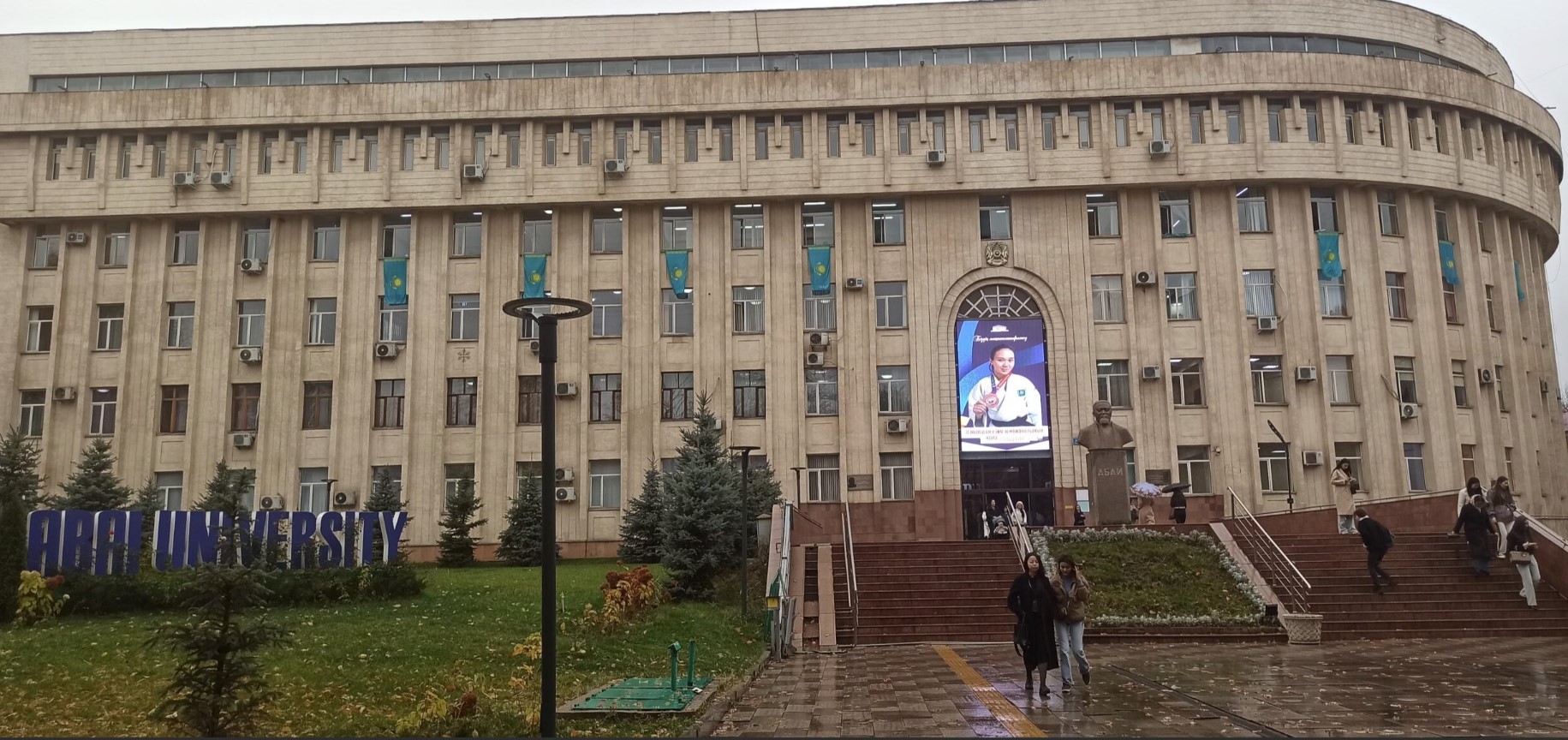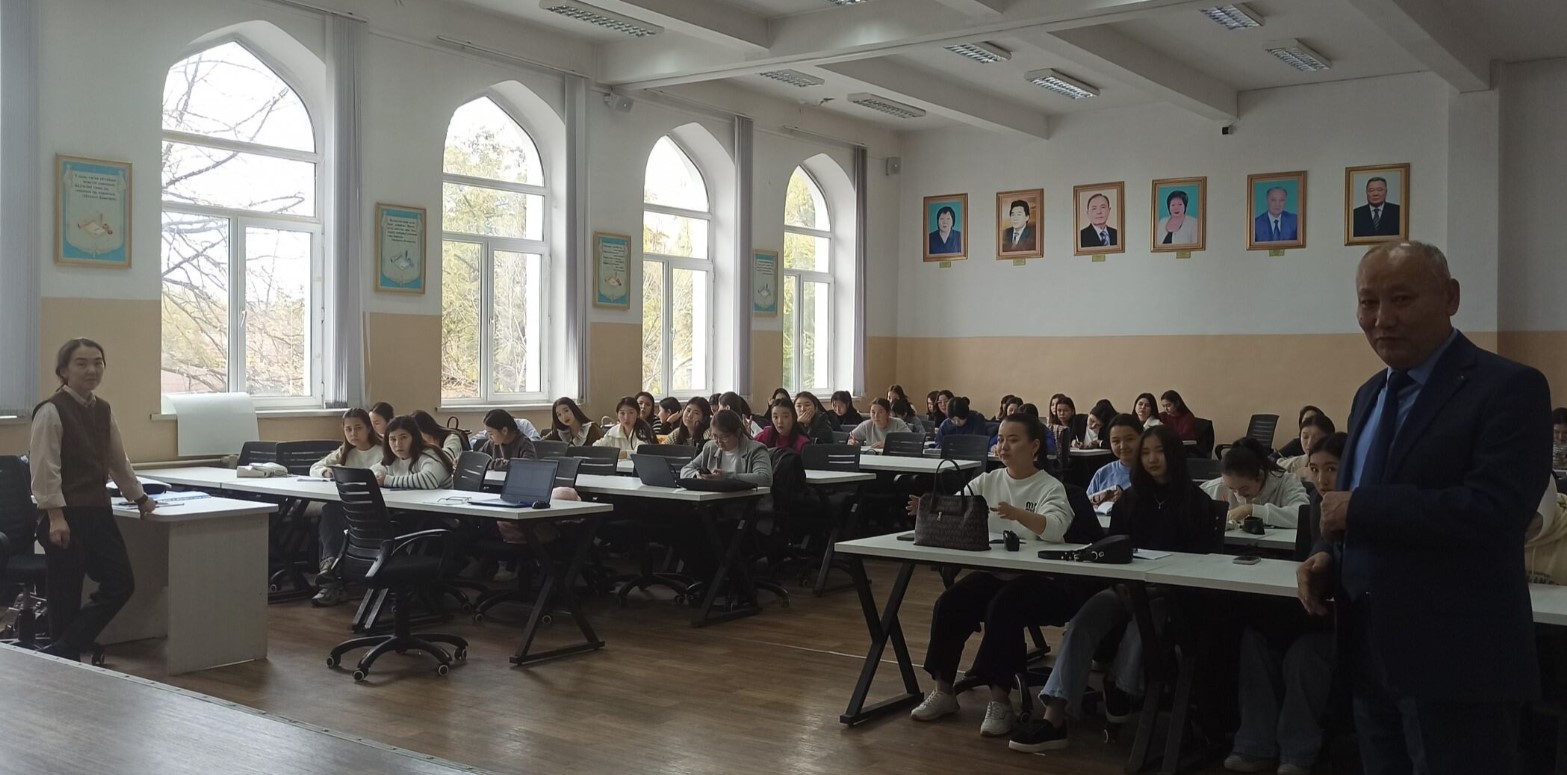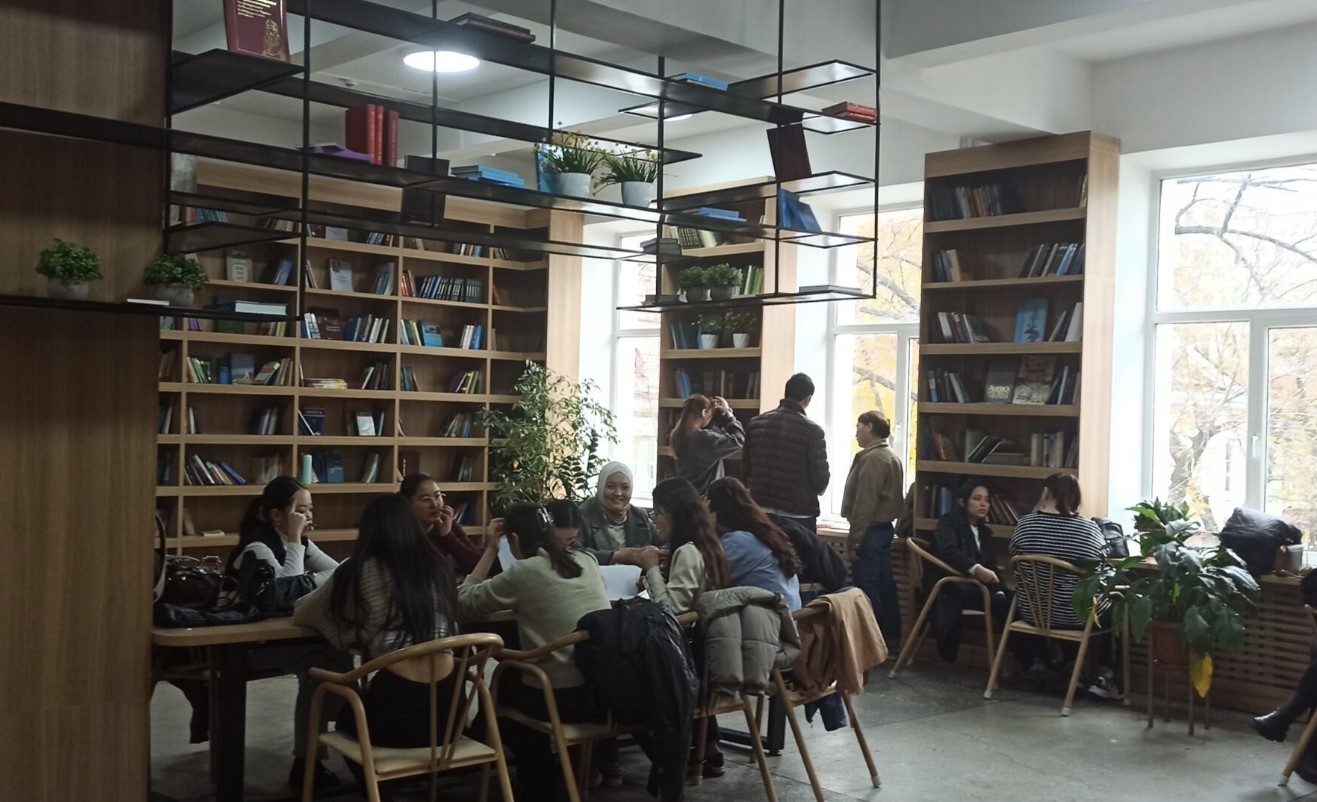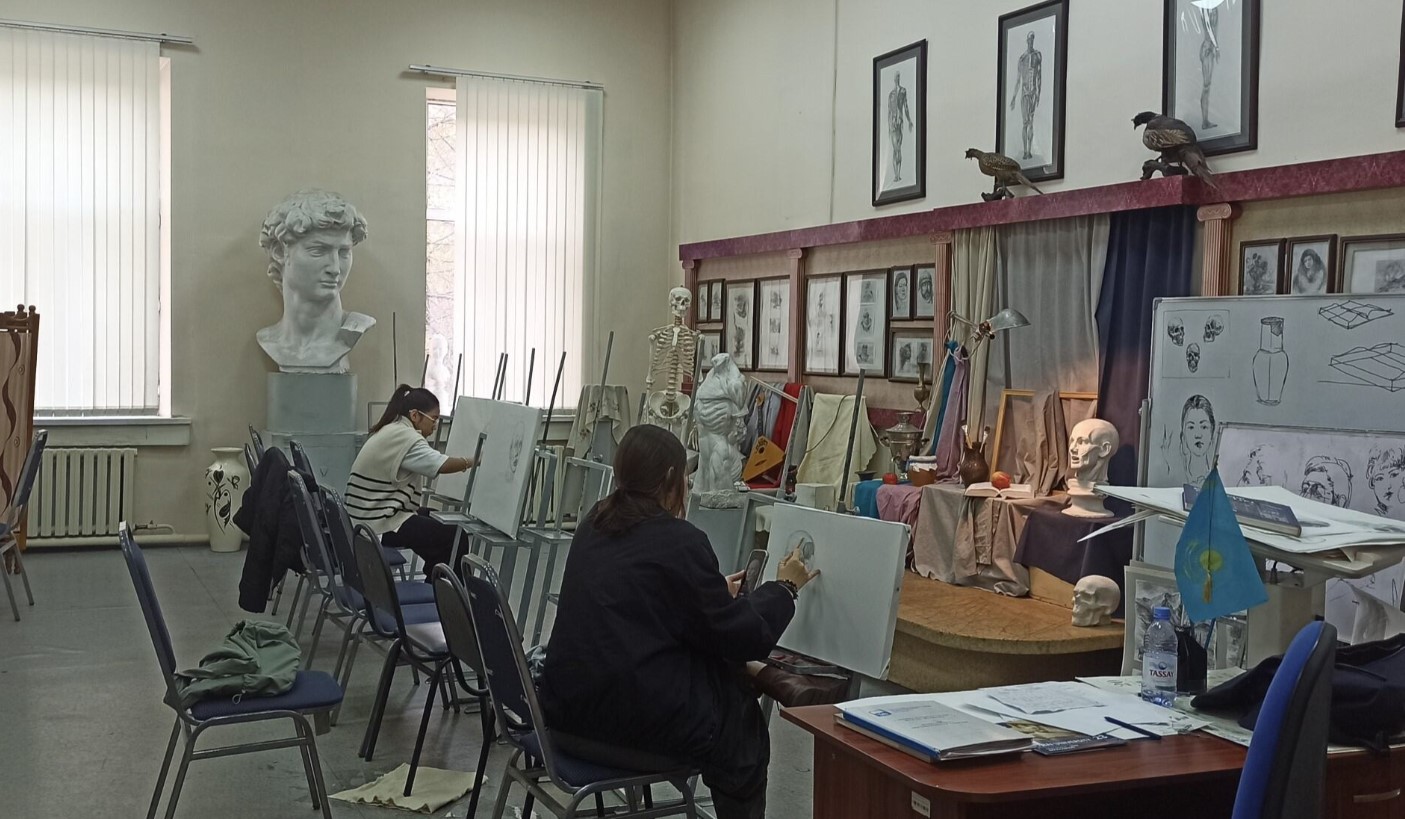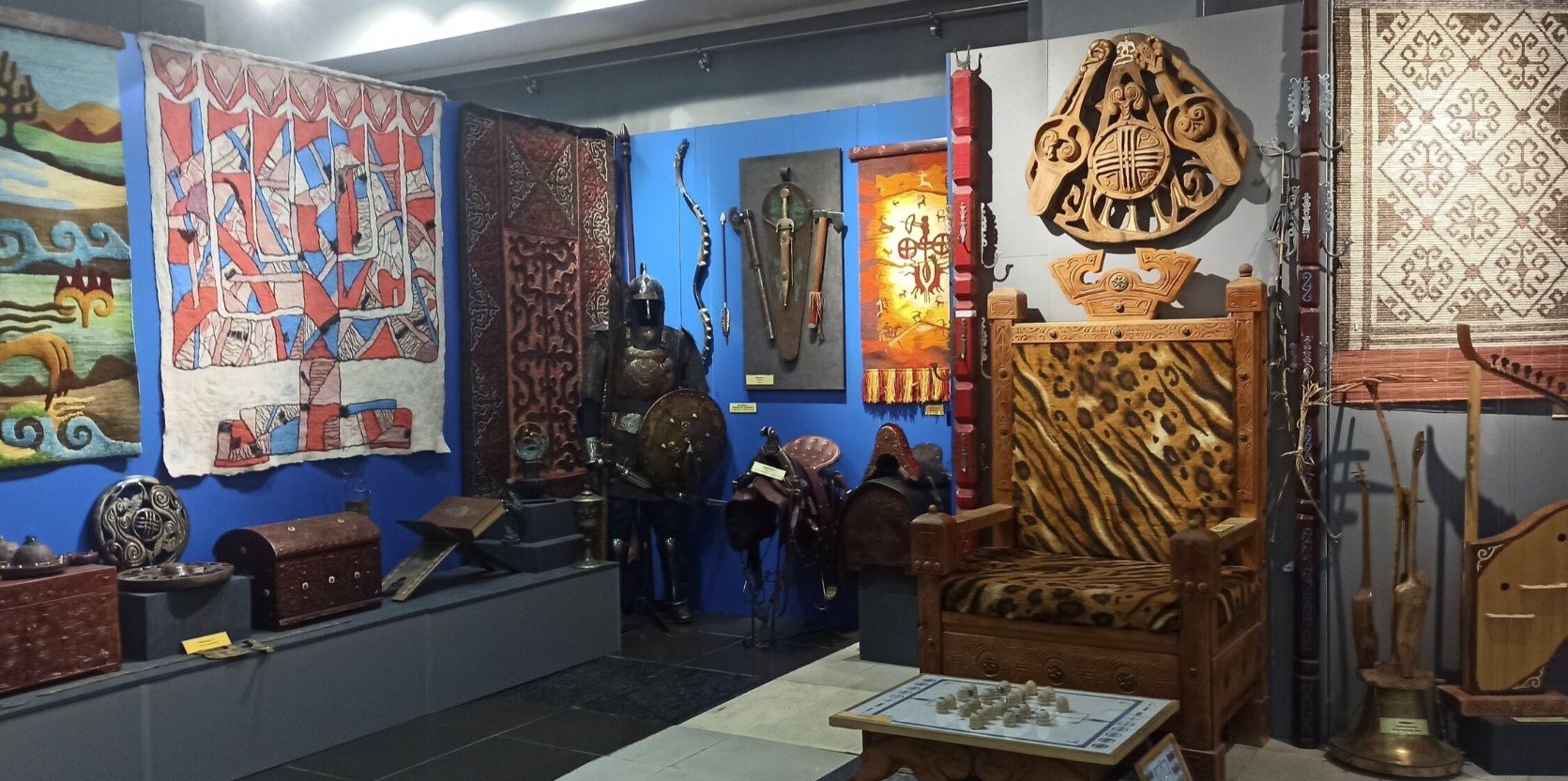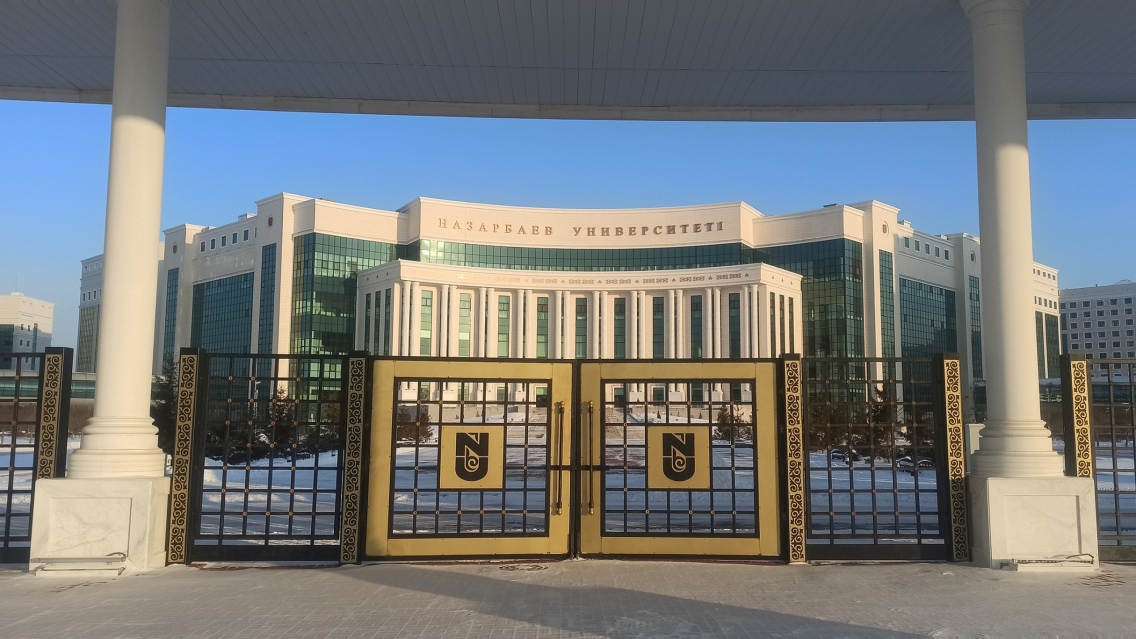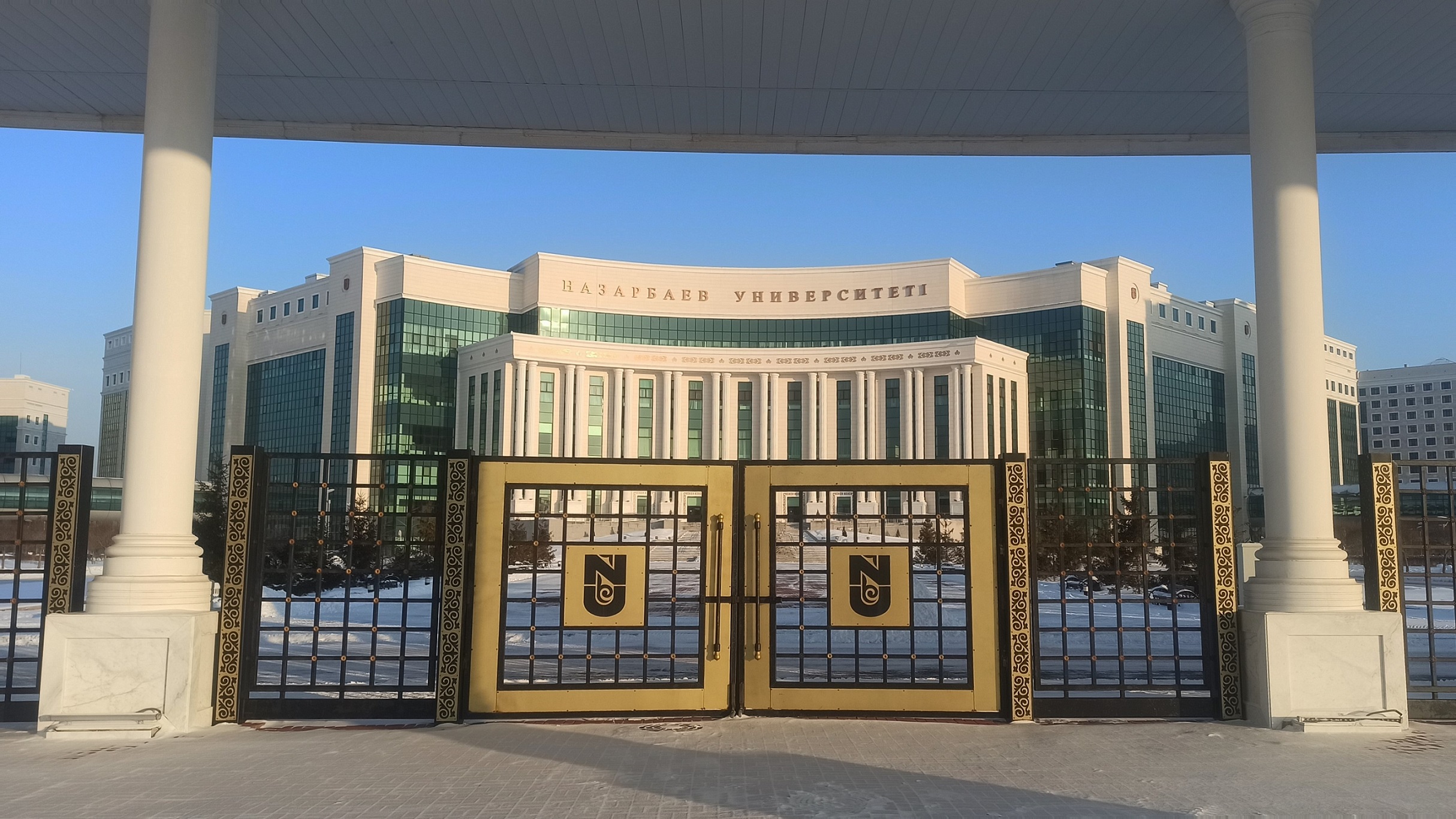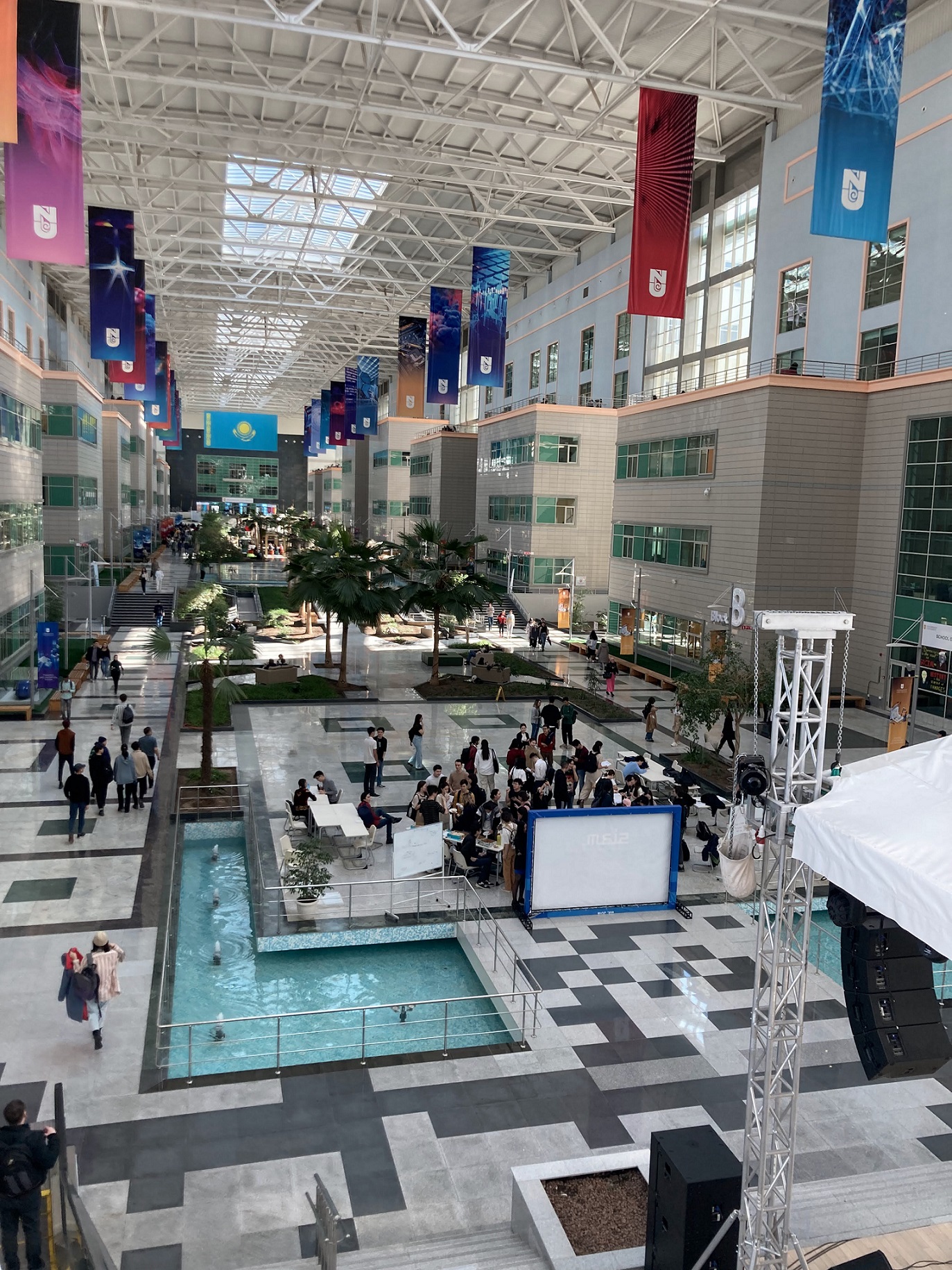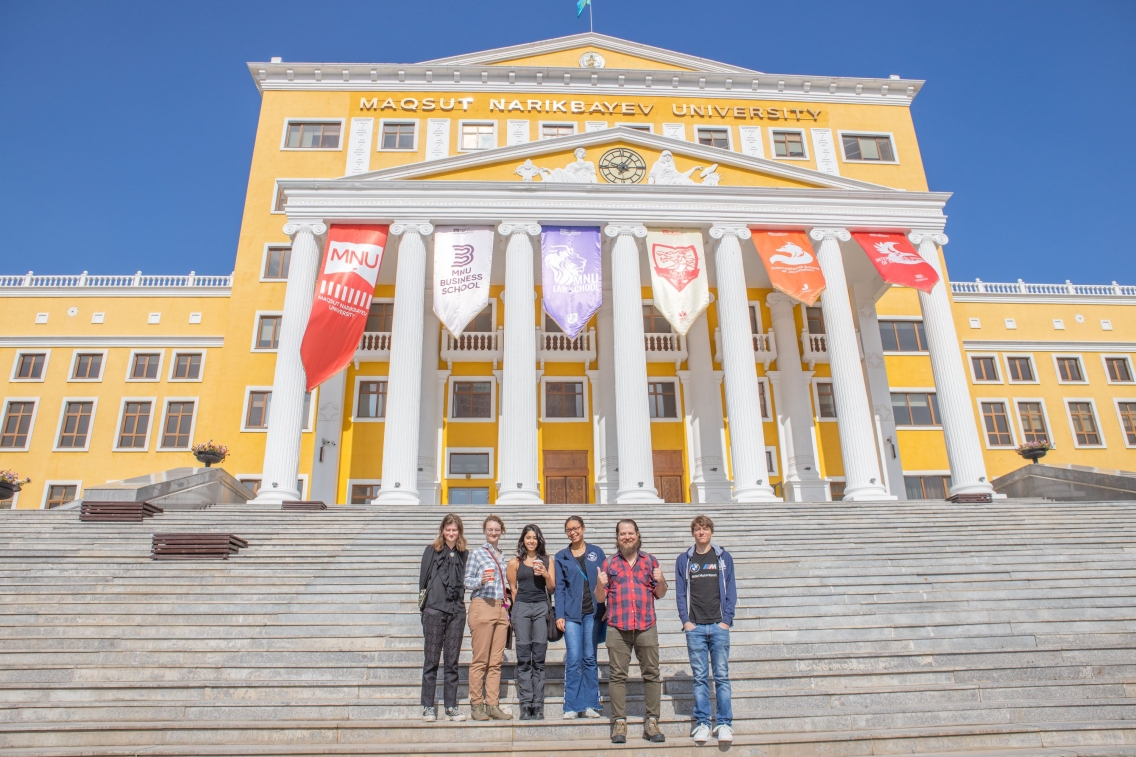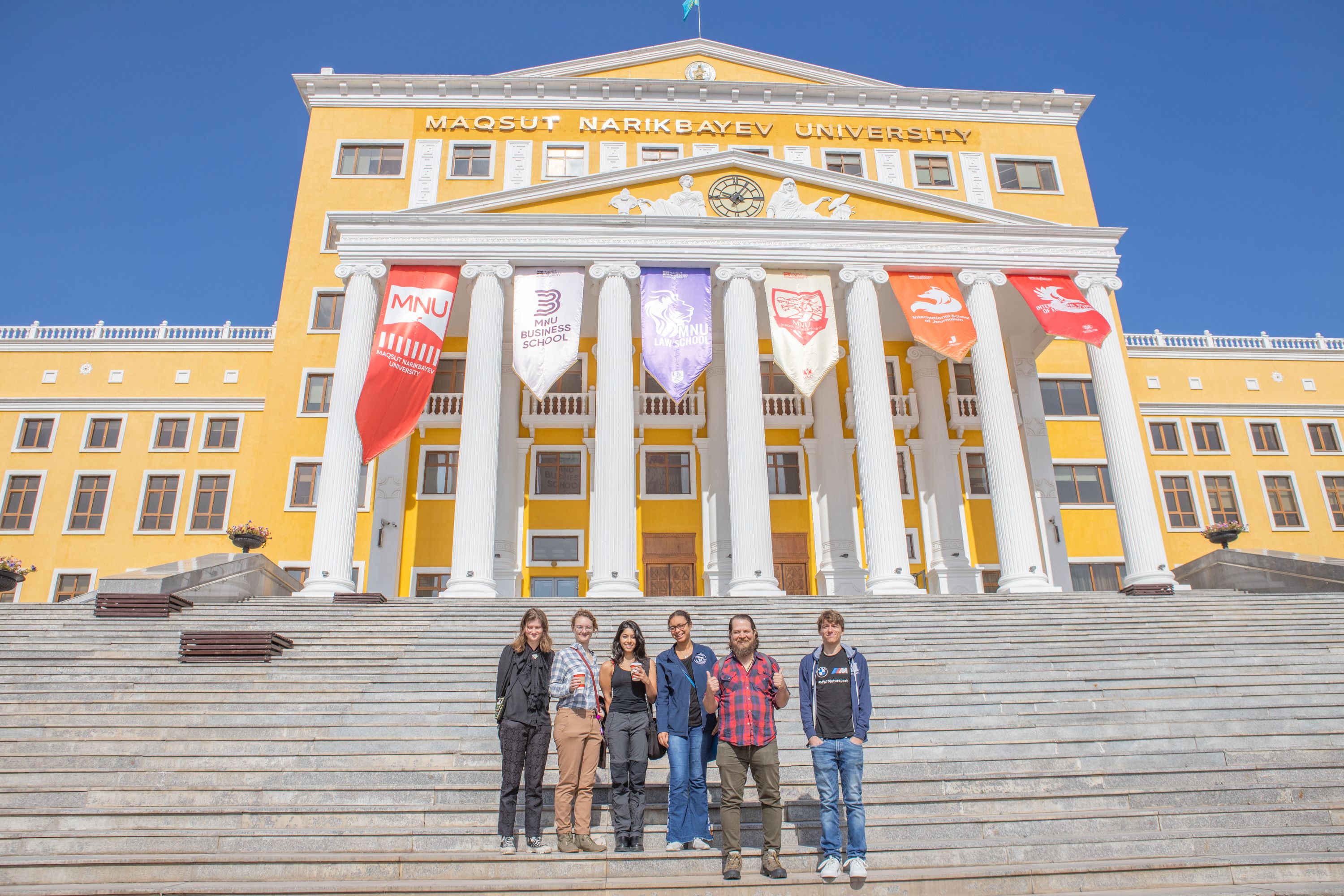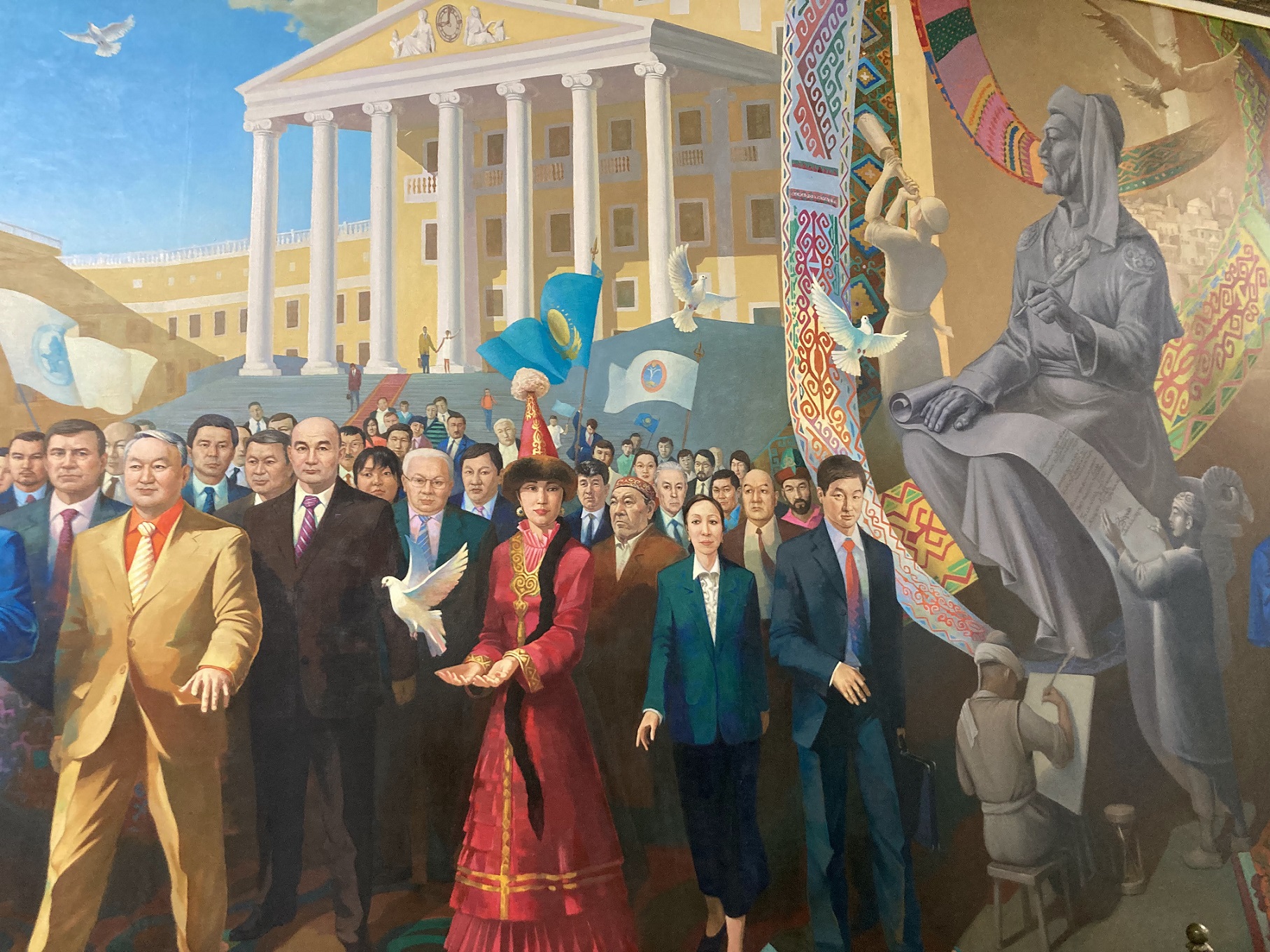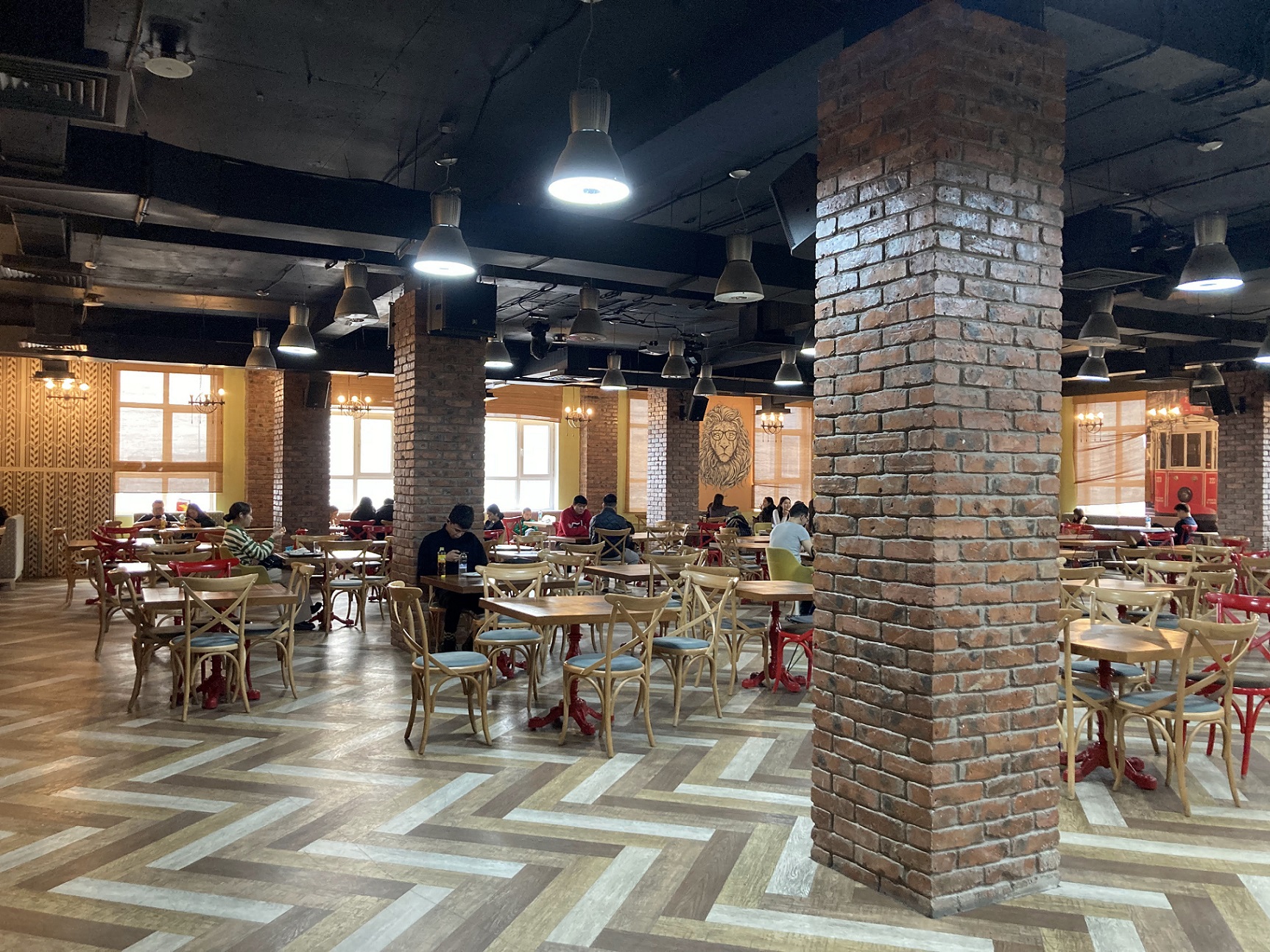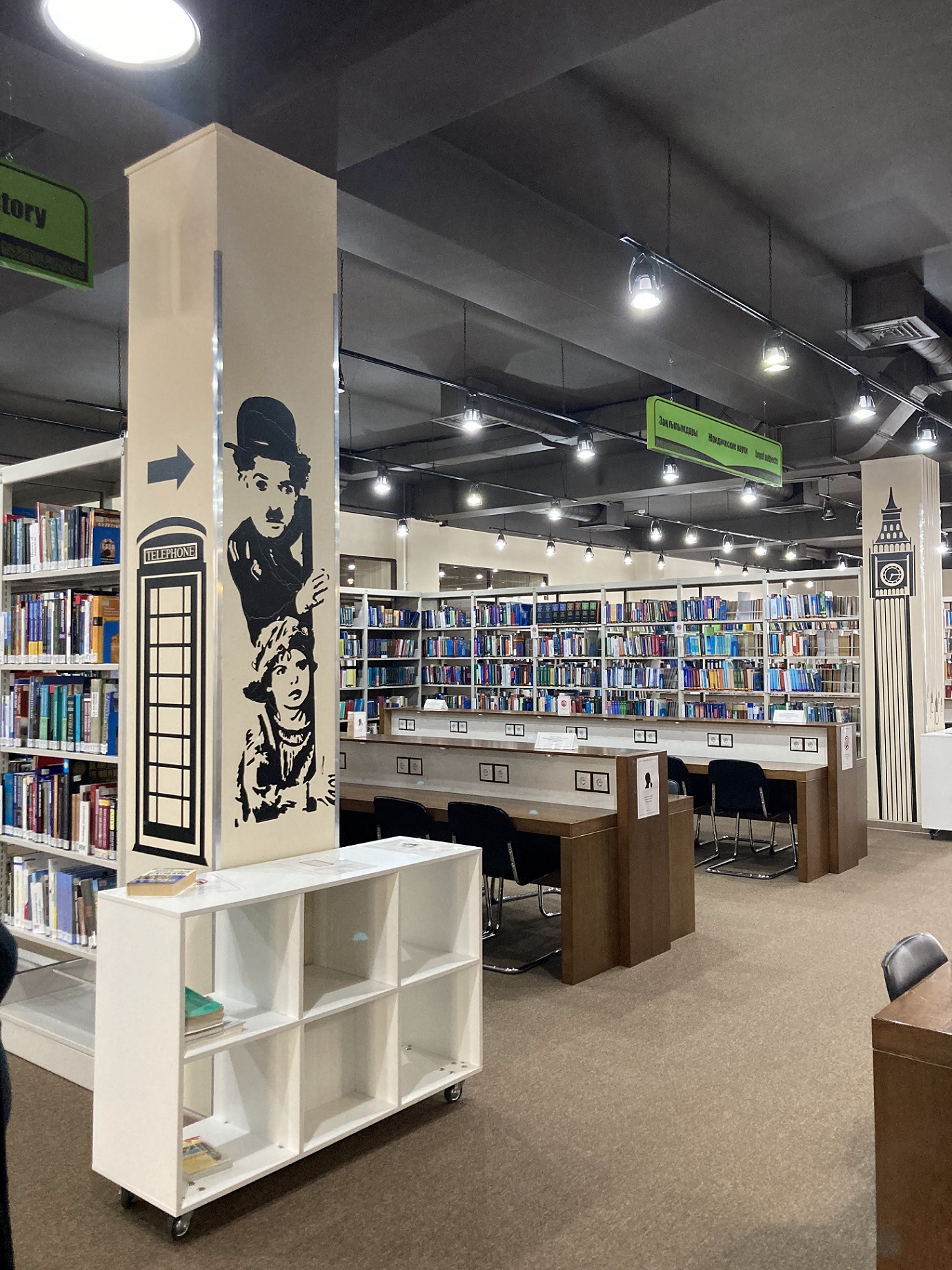Academics
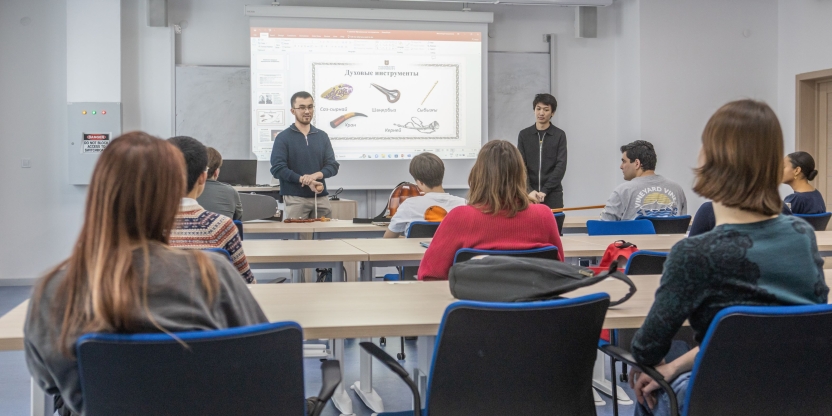
Almaty
Students will take Russian language courses and Middlebury-organized electives designed for language learners at Abai University, with the chance to take mainstream courses alongside Kazakhstani students.
Descriptions of Middlebury elective courses can be found here.
Abai University
Abai University offers students the chance to study Russian Language and Literature, History, Art, Pedagogy, Psychology, Math, Physics, Biology, and Geography.
Learn more about the university here.
Astana
Students will take Russian language courses and Middlebury-organized electives designed for language learners at Nazarbayev University, with the chance to take mainstream courses alongside Kazakhstani students at Maqsut Narikbayev University (MNU) or Eurasian National University (ENU). All coursework will be in Russian under the Middlebury Language Pledge.
Descriptions of Middlebury elective courses can be found here.
Nazarbayev University (NU)
Our host institution is Nazarbayev University, an internationally renowned research university founded in 2010. NU has beautiful facilities, ample support for international students, and many opportunities for students to get involved on campus. NU is an English-speaking university, so while Kazakhstani students take their courses in English, Russian is the predominantly spoken language on campus. Students on the Middlebury program will be communicating exclusively in Russian (or perhaps some Kazakh!) with their host university peers.
Learn more about NU in this video.
Maqsut Narikbayev University (MNU)
MNU is just a short commute from NU, and our students have the chance to learn alongside Kazakhstani students in classes from the School of Liberal Arts. Students may choose from course offerings in journalism and psychology, as well as some classes in linguistics and law.
Get a 3D tour of the university here.
Eurasian National University (ENU)
Eurasian National University was established in 1996 and is one of the youngest universities in Kazakhstan. ENU offers our students the opportunity to study alongside local students, taking courses in subjects including History, Political Science, Linguistics, Literature, International Relations, as well as STEM classes.
Learn more about the university here.

